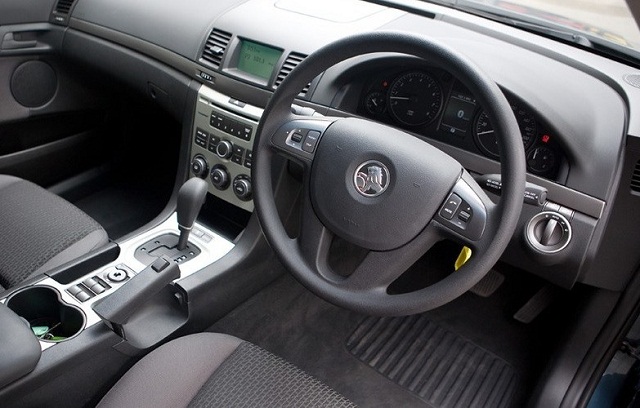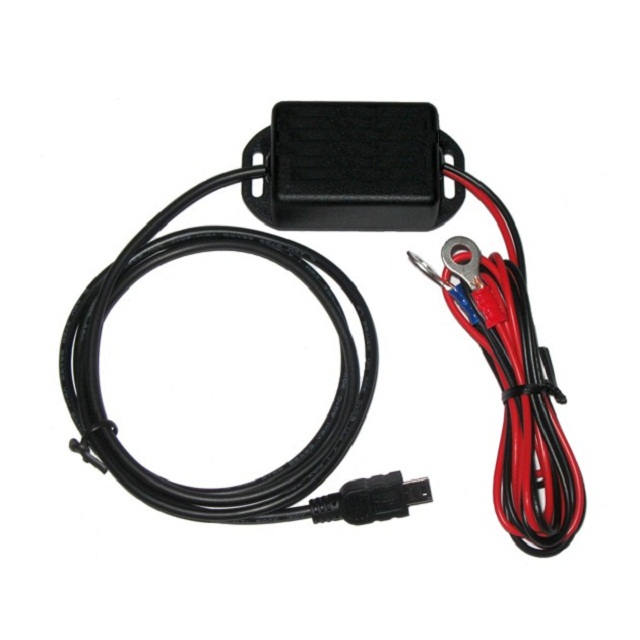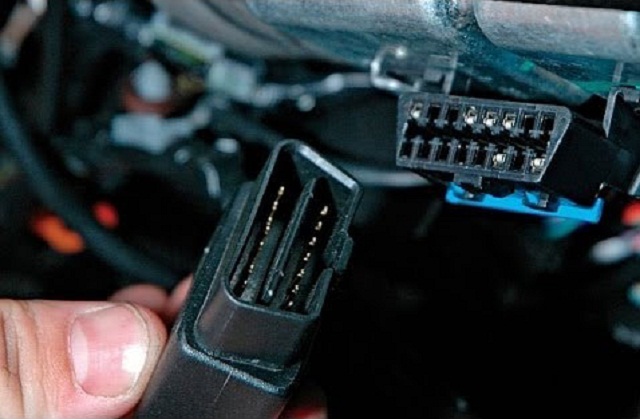GPS trackers can be easily installed on any car. If you are looking into different types of trackers, their costs, and car tracking installation options, here’s how you can start.
Scroll down for video

FabulousCars.top
Two Types of Car Tracking Installation Options
Hard-wired tracker models and plug-in models (trackers that connect to an existing socket in your car). Both of these have their own advantages and disadvantages.
1. Hard-Wired Trackers
Hard-wired devices are exactly that—their wires have to be connected to the car’s electrical system for them to work properly.

Web Topper
Advantages:
- More reliable power-connection
- Better hidden from view
- Has an external antenna that gives a more accurate location of the vehicles
- Can be connected to the car alarm, car ignition for remote disable features, as well as other input and output like fuel sensor monitoring, wind-up windows, and locked doors, among others
Disadvantages:
- Needs to be fitted into the vehicle (although it is a one-time cost per vehicle installation)
- Requires more effort in de-installing it so the GPS device can be fit to another car
2. Plug-in GPS tracker
Another one car tracking installation option is plug-in tracker, which needs to have access to power. There are two ways to do this: via a cigarette lighter with 12 volt-power or via the vehicle’s OBD or diagnostic port.
The cigarette socket is obviously more visible, meaning it cannot be used for anti-car theft purposes, leaving the OBD port as the best option. It is there for the car mechanics to use in checking computer error codes during servicing or maintenance checks. It’s not used often, so it’s available for use as power source for car tracking devices.

Volkswagen Project
Advantages:
- Plug-in, making the tracker ready to use in two minutes
- Can be moved without a lot of fuss
- No installation costs—you can even plug it in yourself. (Tip: you can plug it in yourself but remember to hide the GPS tracking device within the dash with a good extension cable.)
- Great for hire cars and personal staff cars
Disadvantages:
- Depending on the car make and model, the OBD port can be limiting, making it difficult to fit or hide the GPS car tracker
- Cannot be connected to the car alarm or the vehicle’s other electrical outlets, so it is used mainly for location tracking
Find one that suits you
In choosing one of the car tracking installation options, one needs to consider the following factors:
Hardwired models are good for the following:
- Theft/movement alert functions
- Remote access to the car
- Concern for theft recovery or protection
Plug-in models work better for the following:
- Constant moving of trackers from car to car (car-sharing with family members or car sale lot)
- Required tracking for staff is required only during office hours
Car tracking installation options and asset protection has become a growing concern, especially for motorists. But now that tracking devices have become more accessible and affordable, it’s easier for car owners to ensure the safety of their vehicles.
Watch the videos below